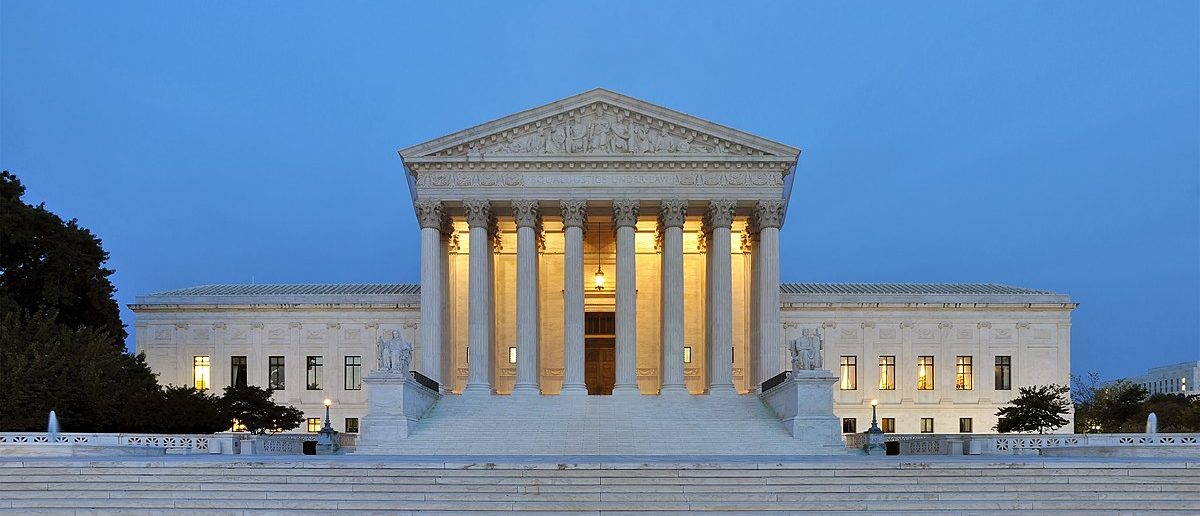Economy
Trudeau drops $220,000 on airplane food

News release from the Canadian Taxpayers Federation
You ever get the feeling the government is running a secret contest to see who can order up the most expensive meals while flying around the world?
Well if they are, we’ve got a new winner: The Right Honourable Prime Minister Justin Trudeau.
After Governor General Mary Simon spent $100,000 on airplane food, Trudeau said, ‘Hold my beef Wellington’ and doubled the taxpayer tab.
All that and more in this week’s Taxpayer Waste Watch.
Bon apétit.
Franco.
Fine China, fancy feasts and a $220,000 taxpayer tab
Welcome to Air Trudeau, where the cares are free, the juice is freshly squeezed, the meals are served on fine China and the bill is sent to you.
Prime Minister Justin Trudeau and his entourage spent $223,000 of your money on airplane food during a six-day tour of the Indo-Pacific region last fall, according to government records dug up by the Canadian Taxpayers Federation.
Eating that much could wear a silver spoon right out.
To put things in perspective: that’s enough money to cover a month of groceries for 165 Canadian families, or buy 13,937 glasses of Bev Oda’s favourite orange juice.
But the bill gets big when this is the grocery list:
Beef brisket and parsley mashed potatoes with truffle oil. Pan fried beef tenderloin with port wine reduction sauce. Braised lamb shanks with steamed broccoli and boiled baby potatoes. Strawberry shortcake and baked cheesecake with pistachio brittle.
Sounds just like the meals you get on Air Canada or WestJet, right?
The records indicate staff were told Trudeau’s meals (and ONLY Trudeau’s meals) must be appropriately garnished and served on China dishware.
Pro-tip for the prime minister:
Have you seen your polling numbers lately? It might be tough to connect with the middle class while chowing down on braised lamb shanks, topped with a sprig of parsley and served on fine China.
Snacks offered onboard Air Trudeau included cured meats and artisanal cheeses, veggies and dip, and fresh papaya, pineapple, dragon fruit, watermelon and berries. And the juice served was noted as being “freshly-squeezed.”
A special request was put in for the plane to be stocked with Trudeau’s favourite brand of premium alkaline spring water, and staff picked up $900 worth of pop and chips before take-off. Trudeau and his entourage also spent $300 on movies and magazines.
Well we already know the prime minister doesn’t read his briefing notes, so it’s good he had the latest editions of the Jacobin and Mad Magazine to keep him occupied – it was a long flight, after all.
All told, the trip cost you $1.9 million and counting.
Trudeau has now claimed the top spot on our leaderboard for the most extravagant taxpayer-funded travel expenses, surpassing Governor General Mary Simon’s legendary March 2022 performance, when she gobbled up $100,000 worth of airplane food.
After details of Simon’s airplane extravaganza went public (courtesy of your friends at the CTF), a parliamentary committee summoned high-ranking bureaucrats to answer for the outrageous tab.
The bureaucrats pinkie promised to change the rules and stop frivolous spending.
Well clearly those efforts are going swimmingly…
The government set out to lower costs.
Then Trudeau doubled them.
Poilievre grills Trudeau about airplane feast in House of Commons
Conservative Party Leader Pierre Poilievre grilled Trudeau about his $223,000 worth of airplane food expenses in the House of Commons.
Trudeau’s EV corporate welfare worse than you think
Federal and provincial governments are ponying up billions more in electric vehicle battery subsidies than the corporations themselves are spending to build their own factories.
The Parliamentary Budget Officer released a report this week showing just how bad taxpayers are being taken to the cleaners on these corporate welfare deals.
Governments promised $52 billion to these corporations. The corporations are only spending $46 billion.
Does that sounds like a good deal to you?
Business
Outrageous government spending: Canadians losing over 1 billion a week to interest payments

 By Franco Terrazzano
By Franco Terrazzano
Massive borrowing, soaring interest charges unacceptable
The Canadian Taxpayers Federation is calling on the federal government to cut spending following Thursday’s Parliamentary Budget Officer report showing debt interest charges cost taxpayers $54 billion in 2024-25.
“The PBO report shows debt interest charges cost taxpayers more than $1 billion every week,” said Franco Terrazzano, CTF Federal Director. “Massive deficits mean interest charges cost taxpayers more than the feds send to the provinces in health transfers.”
The PBO projects the federal government’s deficit to be $46 billion in 2024-25.
Interest charges on the federal debt cost taxpayers $54 billion in 2024, according to the PBO’s Economic and Fiscal Monitor. For comparison, the federal government spent $52 billion through the Canada Health Transfer in 2024, according to the Fall Economic Statement. That means the government spent more money on debt interest payments than it sent to the provinces in health-care transfers.
A separate PBO report projects debt interest charges will reach $70 billion by 2029.
A recent Leger poll shows Canadians want the federal government to cut spending (45 per cent) instead of increasing spending (20 per cent) or maintaining current spending levels (19 per cent).
“Borrowing tens of billions of dollars every year is unaffordable and unacceptable,” Terrazzano said. “Canadians want
Automotive
Carney’s exercise in stupidity
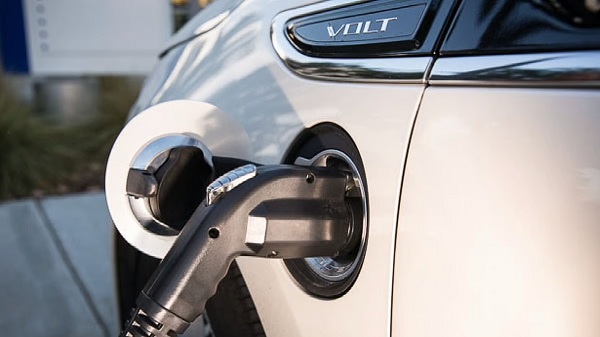
 By Dan McTeague
By Dan McTeague
This past Tuesday, the Conservative Party put forward a motion in parliament calling on the Liberal government to immediately end their ban on gas-and-diesel driven Internal Combustion Engine (ICE) vehicles, which will take full effect in 2035.
Arguing for the motion, Melissa Lantsman rightly said, “Nobody is denying people the choice to drive an electric car. There is nothing wrong with that. What is wrong is the government mandating that everybody drive an electric car.”
Unfortunately for all of us, MPs voted 194-141 to keep the EV mandate in place.
The vote itself is unsurprising, since, despite Mark Carney’s campaign-long insistence that he shouldn’t have to answer for the policies of his predecessor, he was a Trudeau advisor and confidant for years, and there is virtually no daylight between their governments on any major issue.
Still, this will be the first time that many Canadians even hear about the ICE ban, the implementation of which begins in earnest on January 1st, just about six months from now. At that time, the government will mandate that 20 per cent of all new light-duty vehicles (passenger cars, SUVs, and pickups) must be classified as “zero-emisson,” or Electric Vehicles (EVs).
How, you might ask, does the government expect automakers to ensure that, come January, one-out-of-five car-buying Canadians will choose to purchase an Electric Vehicle? Especially since consumers have been skeptical of EVs thus far, with just 13.7 per cent sold in Canada last year.
(And, as Tristin Hopper recently pointed out, even that number is misleading. “These sales are disproportionately concentrated in a single province…. Of the 81,205 zero-emission vehicles sold in Canada in the last quarter of 2024, 49,357 were sold in Quebec.” That’s 60 per cent!)
Well, the answer to that question is that manufacturers will be required to submit annual reports to the Ministry of Environment and Climate Change, detailing their compliance with the government’s EV targets. If they don’t meet their EV sales quota, they will face significant financial penalties.
To avoid those penalties, automakers will be forced into one option. As Conservative MP Cheryl Gallant explained, “How will carmakers ensure they sell enough electric vehicles? They will do it by drastically raising the price of internal combustion vehicles!”
That’s right, their only option will be to start increasing the price of the cars and trucks Canadians want to buy, in order to force us to buy ones we don’t want to buy.
This is madness.
To reiterate what I’ve said over and over and over again, the Liberals’ EV mandate is bad policy.
It forces Canadians to buy a product that is expensive. EVs cost more than ICE vehicles, even factoring in the government subsidies on which the EV industry has perpetually relied. Ottawa’s $5,000-per-EV rebate program ran out of money six months ago and was discontinued, at which time EV numbers really began to fall off, which is why the Liberals stated desire to toss more tax dollars at bringing it back.
And it forces us to buy a product that is poorly suited for Canada. EV batteries are bad at holding a charge in the cold, and are just generally less reliable.
We don’t have the infrastructure to support this EV transition. Our electrical grid is already strained, and doesn’t have the capacity to support millions of EVs being plugged in nightly, especially as the Trudeau/Carney Liberals progressively push us to replace reliable energy sources, like oil and natural gas, with unreliable “renewables.”
On top of all that, where do they think we’re going to get all of these glorified golf carts they’re trying to force on the Canadian public? Even with the estimated $52 billion that the Trudeau and Ford governments have thrown at the industry to subsidize the manufacture of EVs in Canada, we don’t make anywhere near enough EVs to support a full-transition.
That’s likely why left-leaning outlets have started calling on Mark Carney to lift the tariff on Chinese EVs. Taking advantage of EV mandates might be smart business for China — flood the markets of gullible nations with EVs which are cheaper than what domestic manufacturers can produce, and then jack up the price once the mandates are fully implemented and they have no competition from either traditional vehicles or other EV companies.
But us going along with that scheme is the definition of bad business. Which is probably why our automakers have started to admit that the mandates are unrealistic and call for them to be repealed.
Tuesday’s vote went the wrong way for Canadians, but kudos to the Conservatives for bringing this motion forward in the first place. I only wish they had started talking about this sooner. A national campaign would have been the perfect time to call the country’s attention to a policy which people are only vaguely aware of and which, if enacted, will make all of our lives harder and more expensive.
But there’s no time like the present. The more Canadians hear about these EV mandates, the more they hate them. If we make enough noise about this, we might just be able to change course and avert disaster.
Here’s hoping.
Dan McTeague is President of Canadians for Affordable Energy.
-
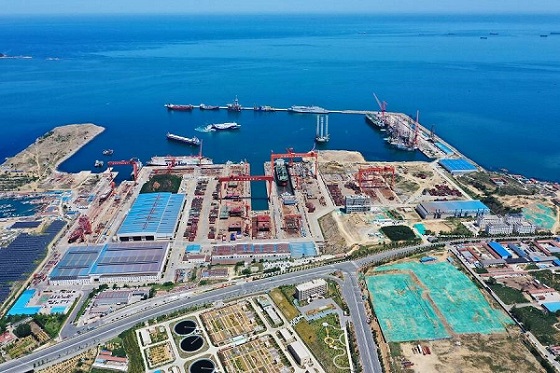
 Business1 day ago
Business1 day agoOttawa Slams Eby Government Over Chinese Shipyard Deal, Citing Security and Sovereignty Risks
-
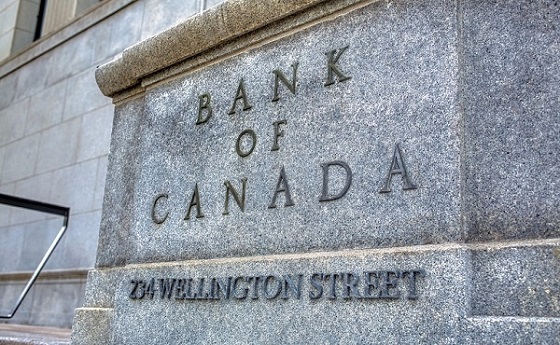
 Banks2 days ago
Banks2 days agoTop Canadian bank studies possible use of digital dollar for ‘basic’ online payments
-

 Automotive1 day ago
Automotive1 day agoCarney’s exercise in stupidity
-
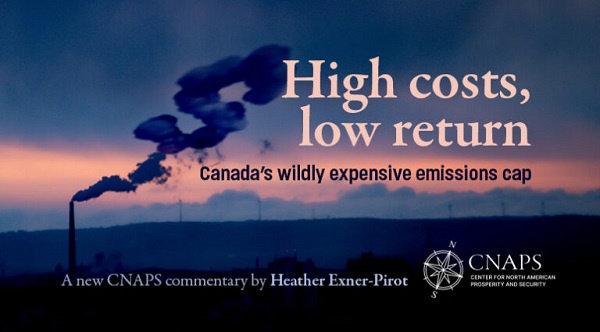
 Alberta1 day ago
Alberta1 day agoHigh costs, low returns – Canada’s wildly expensive emissions cap
-
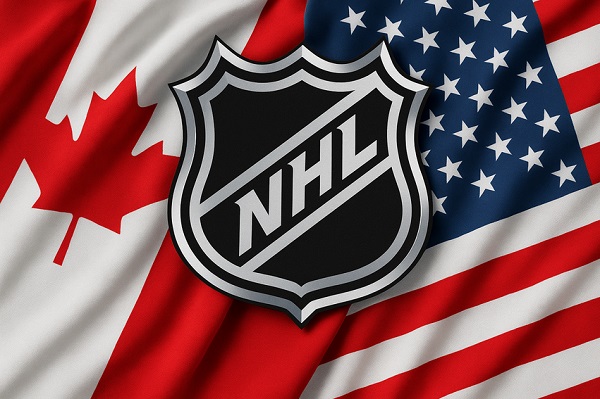
 Business14 hours ago
Business14 hours agoHigh Taxes Hobble Canadian NHL Teams In Race For Top Players
-

 Business1 day ago
Business1 day agoOutrageous government spending: Canadians losing over 1 billion a week to interest payments
-
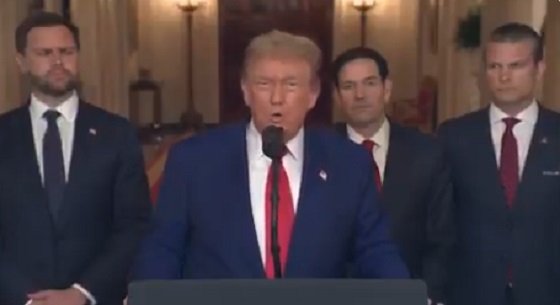
 conflict14 hours ago
conflict14 hours ago“Spectacular military success”: Trump addresses nation on Iran strikes
-
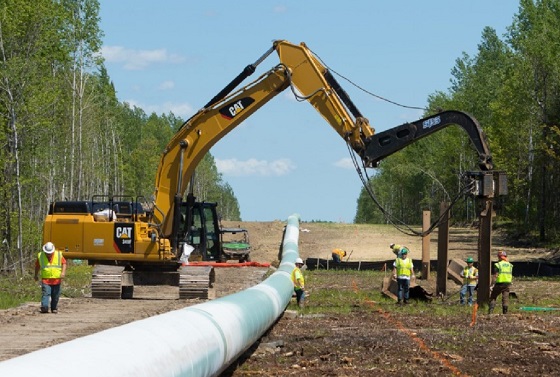
 Energy6 hours ago
Energy6 hours agoEnergy Policies Based on Reality, Not Ideology, are Needed to Attract Canadian ‘Superpower’ Level Investment – Ron Wallace
